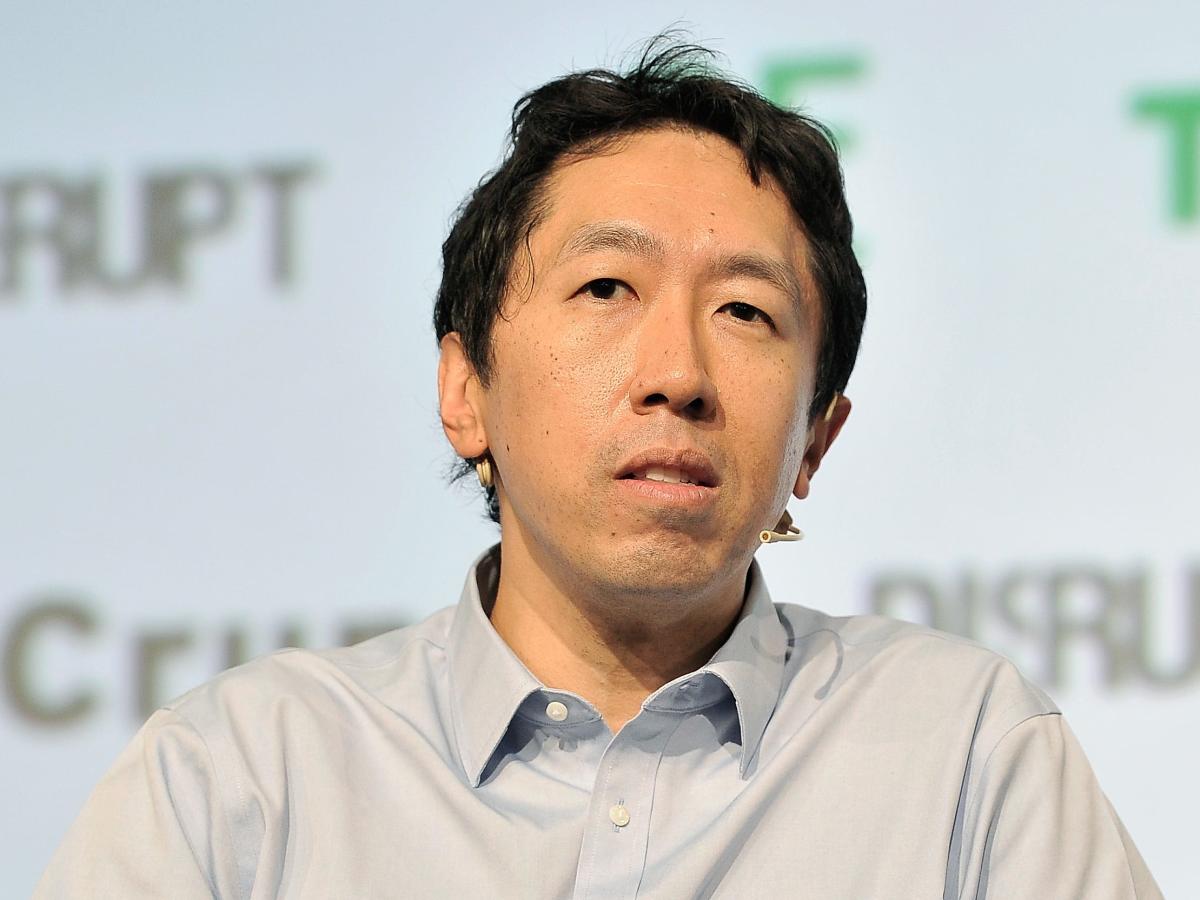- Big Tech is lying about some AI risks to shut down competition, a Google Brain cofounder has said.
- Andrew Ng told The Australian Financial Review that tech leaders hoped to trigger strict regulation.
- Some large tech companies didn’t want to compete with open source, he added.
Lol how? No seriously, HOW exactly would AI ‘wipe out humanity’???
All this fear mongering bollocks is laughable at this point, or it should be. Seriously there is no logical pathway to human extinction by using AI and these people need to put the comic books down.
The only risks AI pose are to traditional working patterns, which have been always exploited to further a numbers game between Billionaires (and their assets).These people are not scared about losing their livelihoods, but losing the ability to control yours. Something that makes life easier and more efficient requiring less work? Time to crack out the whips I suppose?
I mean I don’t want an AI to do what I do as a job. They don’t have to pay the AI and food and housing, in a lot of places, aren’t seen as a human right, but a privilege you are allowed if you have money to buy it.
Just wait and see
Remindmebot! 10 years
Working in a corporate environment for 10+ years I can say I’ve never seen a case where large productivity gains turned into the same people producing even more. It’s always fewer people doing the same amount of work. Desired outputs are driven less by efficiency and more by demand.
Let’s say Ford found a way to produce F150s twice as fast. They’re not going to produce twice as many, they’ll produce the same amount and find a way to pocket the savings without benefiting workers or consumers at all. That’s actually what they’re obligated to do, appease shareholders first.



